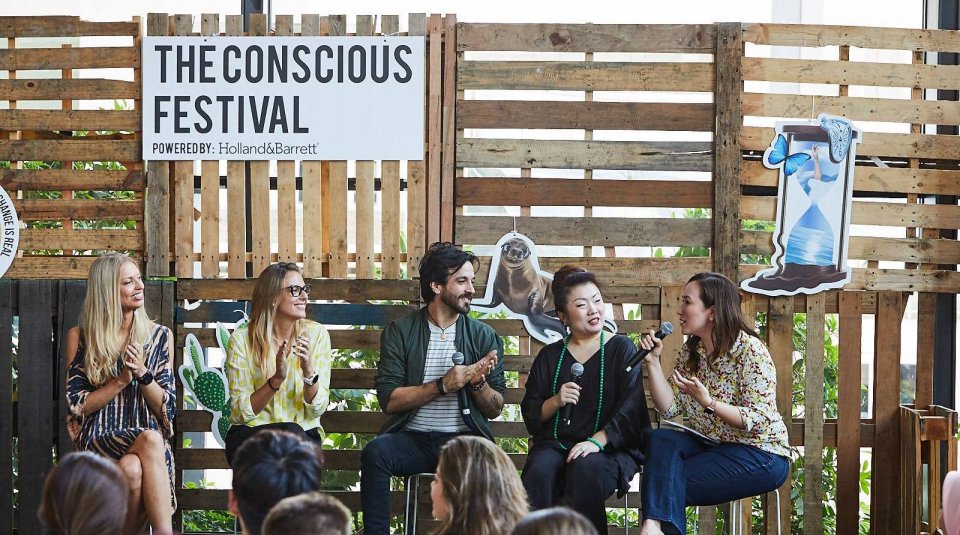Climate change has always been a polarising issue. Claims of denial and unobjective activism aside, many organisations have made sustainability the forefront of their business in recent years, doing their part for the planet in more ways than one. Yet as luck would have it, a viral pandemic which curiously arose in late 2019 now threatens humanity and has upended our way of life.
It is an open secret that companies worldwide have furloughed workers, retaining the bare minimum to continue operations. And those are best case scenarios. Some have already shuttered for good. In such a climate, saving the environment may be the last thing on their minds.
At the same time, the dwindling of economic activity has resulted in less damage being done to the Earth, more so than anyone could have predicted.
Earlier in March, the global lockdowns led to a significant reduction in air pollution across a large number of countries. As industrial activities halted, air pollution plummeted. Several satellite imagery released by the European Space Agency showed how nitrogen dioxide concentrations fell in nations such as Italy, China and South Korea. Nitrogen Dioxide levels in Northern Italy had fallen by nearly 40 percent since they went into lockdown on Mar 9.
Now, new reports indicate that China’s levels of (certain) air pollutants have risen back to the same extent as before the lockdowns.
On a local scale then, how exactly can we combat climate change and champion sustainability against this unenviable backdrop of a global health and economic crisis?
Remaining resilient on all fronts
There are certainly plenty of needs to be met during an outbreak, but the situation has also made it abundantly clear that the only way for a company to stay relevant and grow is through sustainability and resilience. According to PepsiCo’s Environmental Sustainability and Innovation Director (APAC) Archawat Chareonsilp, there is a further emphasis on the demand for a circular future for packaging.
“At PepsiCo, sustainability is at the heart of our business and we remain committed to our long-term agenda to help build a more sustainable food system. The safety and well-being of our employees and communities throughout this pandemic is paramount. Given the increased risk of hunger and food insecurity created by Covid-19, we have stepped up and mobilised PepsiCo’s resources to assist millions of people affected by the outbreak,” shares Chareonsilp.

To date, PepsiCo and the PepsiCo Foundation have invested over US$60 million to support communities affected by Covid-19. Having a history of integrating sustainability into their operations and armed with its scale and expertise, the multinational corporation was able to rise to the occasion and offer more for consumers, customers and the community at large.
The company had already been taking steps towards resolving plastic pollution. In 2019, they announced their goal to reduce virgin plastic content across their beverage business by 35 percent by 2025. They are also working to make 100 percent of PepsiCo’s packaging recyclable, compostable, or biodegradable by 2025, and are about 90 percent complete.
“We believe that by working together with peers, competitors, and other industry leaders through partnership initiatives such as the Alliance to End Plastic Waste, Circulate Capital, and others, we can help build a circular economy for packaging. Companies can leverage their scale and reach to accelerate systematic change and meaningful progress through collaborative, holistic solutions. That’s more important than ever,” adds Chareonsilp.
He emphasises that his mission at PepsiCo remains unchanged amid the pandemic although there is further need for building stronger coalitions which move faster and will in turn deliver a better impact on issues such as plastic waste.
Consumer education is also critical. Between 2018 and early 2020, PepsiCo and The PepsiCo Foundation pledged over $65 million globally to partnership initiatives, in order to help boost recycling rates and reduce waste around the world. But ultimately, no single company, organisation or industry can solve the plastic waste challenge on their own.
Sustainability is a journey
Reaching out to locals through fun and fashionable approaches is eco business Green Is The New Black, best known for its annual sustainable event The Conscious Festival.
During Singapore’s lengthy circuit breaker period, the company soldiered on with a virtual festival instead of a physical affair. And while the experience was supposed to be taken to London this year, there were plenty of benefits that stemmed from moving the event online. For one, the carbon footprint of a digital festival is significantly reduced. More folks worldwide were able to tune in to the three-day event too.
Minor issues such as technical difficulties barely marred the experience, and given the circumstances, the Virtual Conscious Festival has seen great success. But even for an eco business, they are not without flaws.

The Conscious Festival 2019
“When we first began in 2015, we put together the event in just six weeks and had 40 brands we believed were doing things in a better way. But we were far from perfect. We served meat and had single-use crockery. Fast forward to 2019, the event has been on its own sustainability journey to have the lowest footprint possible. Including being a plant-based event, 98 percent zero waste and carbon positive,” comments Stephanie Dickson, Founder of Green Is The New Black.
As for her response to sustainability taking a backseat during the pandemic’s resulting slowdown, she says this: “In some instances, I would say that this time has allowed people to galvanise more around critical issues. While certain initiatives have taken a backseat, we have seen others move forward. Climate Rally SG has been working behind the scenes on various projects to help to raise awareness and empower the community to take action.”
Which is why Dickson believes sustainability is a gradual journey, as opposed to a one-off measure.
Eco labels galore
In a surprising turn, local eco brands continue to be birthed in spite of the circumstances too.
Enter Whispers & Anarchy, a slow fashion label that’s Spain-born and Singapore-based, with its heart set on advocating fair trade and being a response to the highly-commercialised clothing industry.
Launched during an era of crisis, the brand development comes as no easy feat, but founder Sara Ortiz is determined to make it work for people and the planet.
And as an ethical fashion label, they even reap the rewards of sustainability. Since Whispers & Anarchy doesn’t follow a conventional retail cycle by churning out new collections every few weeks, the brand is able to move steadily, producing their sustainable garments progressively while performing administrative and creative duties.

“I believe an industry is so much healthier when it’s made up of small and medium-sized businesses, owned by real people,” Ortiz dishes.
“It is unrealistic to expect everyone to stop travelling, go vegan and produce zero waste overnight, but by making constructive changes, we can promote a more sustainable world.”
She’s absolutely right. At the Food Industry Asia (FIA) Dialogues 2020 that was conducted virtually from Jul 27-29, leaders of prime F&B companies agreed that future proofing businesses with natural products and focusing on legitimate changes with measured strategies are the way to go.
Since what works for one country may not work for another, it is time to concentrate on sustainable solutions for countries with companies large and small contributing to the cause.
Tailored solutions a necessity
Administrations governing countries and organisations must collaborate on building a recycling infrastructure which can tackle the surge in disposables and plastic waste caused by the pandemic, while we as consumers ought to follow suit by adjusting to the changes. After all, their efforts are only as good as the consumer behaviour allows.
To truly move sustainability forward, long-term solutions are key, backed by consistent realignment. Tailored solutions large and small will be vital, and it is up to all of us to support the green movement as we find peace in the new normal.
Pandemic or not, the environment we live in continues to be affected by our actions. And it is our actions that will determine the fate of our environment in time to come.





